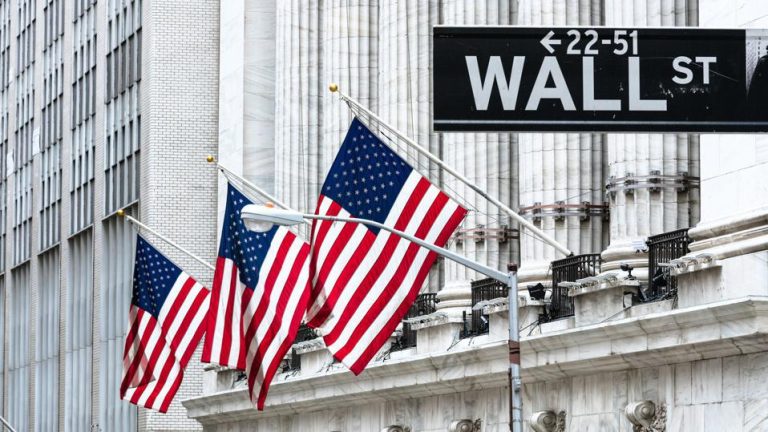Many experts have observed that investment in stock markets, as a group, investors seems to react differently to crises than individuals do. Maybe the reason is that for individuals, history is often better remembered than it was lived and the mind tends to scrub the past of its uncertainties and pains, and to recall bygone eras as the good old days.
According to some research. There are several factors that can influence how investors behave in different situations, such as their emotions, biases, information, and goals. However, there are also some GENERAL PATTERNS that can be observed among group and individual investors.
One of the main differences between group and individual investors is the level of DIVERSIFICATION in their portfolios. Group investors, such as institutional investors or mutual funds, tend to hold a large number of stocks across different sectors and markets, which REDUCES THEIR EXPOSURE to specific risks and volatility.
Individual investors, on the other hand, tend to hold a smaller number of stocks, often concentrated in a few sectors or markets, which increases their exposure to SPECIFIC RISKS and VOLATILITY.
Another difference between group and individual investors is the degree of RATIONALITY in their decision-making.
Group investors, especially those who are professional or experienced, tend to rely MORE ON OBJECTIVE DATA, analysis, and strategies, which helps them avoid emotional or cognitive biases that can impair their judgment. Individual investors, especially those who are amateur or inexperienced, tend to rely more on SUBJECTIVE FEELINGS, opinions, and heuristics, which makes them more prone to emotional or cognitive biases that can distort their judgment².
A third difference between group and individual investors is the FREQUENCY AND INTENSITY OF TRADING in their portfolios. Group investors, due to their size and resources, tend to trade LESS FREQUENTLY AND MORE STRATEGICALLY, which reduces their transaction costs and taxes, and allows them to benefit from LONG-TERM GROWTH and compounding.
Individual investors, due to their LACK of size and resources, tend to trade more frequently and more impulsively, which increases their transaction costs and taxes, and prevents them from benefiting from long-term growth and compounding.
These differences can explain why group and individual investors may react differently to crises, such as wars, recessions, or pandemics. Group investors, due to their diversification, rationality, and trading discipline, may be more resilient and adaptive to changing market conditions, and may be able to exploit opportunities or mitigate losses. Individual investors, due to their lack of diversification, rationality, and trading discipline, may be more vulnerable and reactive to changing market conditions, and may miss opportunities or incur losses.
However, these differences are not absolute or deterministic, and there may be exceptions or variations among group and individual investors. For example, some group investors may be subject to agency problems, herd behavior, or regulatory constraints, which may affect their performance.
Some individual investors may be able to overcome their biases, learn from their mistakes, or adopt effective strategies, which may improve their performance.
Concluded…
Warning: Trying to access array offset on value of type null in /home/truevigy/public_html/wp-content/plugins/elementor/includes/base/controls-stack.php on line 1627
Warning: Trying to access array offset on value of type null in /home/truevigy/public_html/wp-content/plugins/elementor/includes/base/controls-stack.php on line 1629

